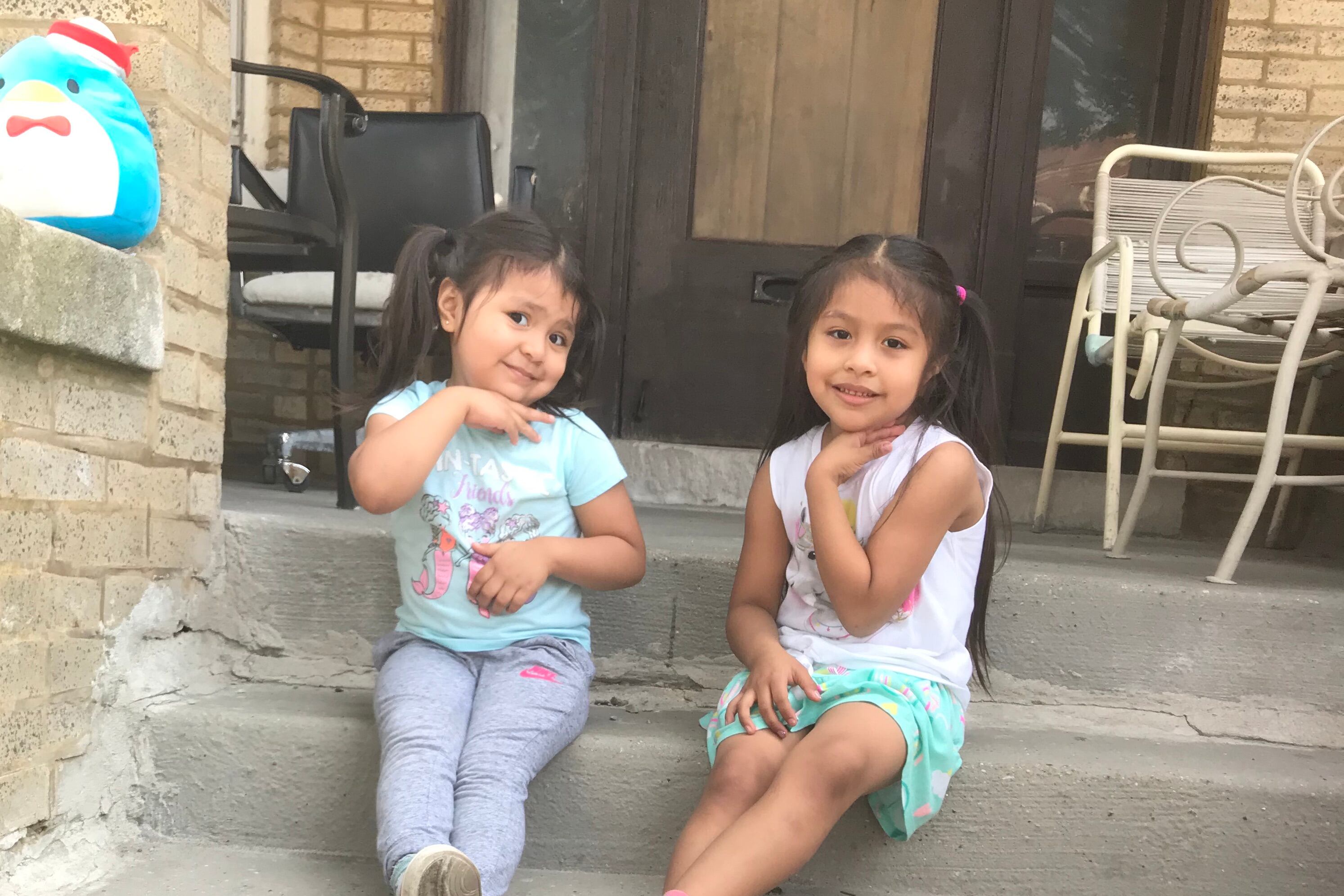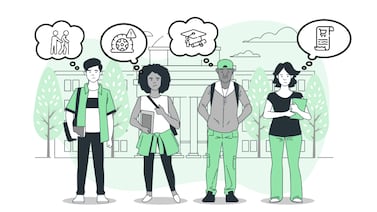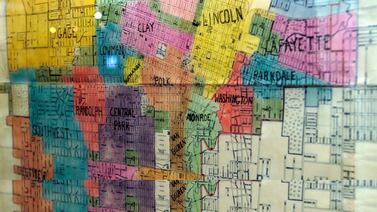It was hard for Francisca Bardales, a mother of five, to find a preschool program she could trust with her children. That didn’t come easy for her.
But the neighborhood YMCA near her Humboldt Park home offered her two youngest daughters the safe space she sought. Teachers communicated often, staff called with offers of food and diapers during the pandemic, and her daughters’ enthusiasm for school made early morning drop-offs easier as the single mother headed to work at a factory that makes wires and springs.
Then last week, “out of nowhere,” Bardales learned the program might suddenly close on July 31. Chicago’s City Hall says it plans to help transition families who might be abruptly displaced.
“But it’s really hard,” said Bardales as she finished the early shift. “It’s really hard.”
Bardales is one of possibly hundreds of Chicago parents scrambling to find alternative care for their children after the city announced last week a federal redistribution of money for its Head Start program. Head Start programs enroll about 8,000 low-income children in Chicago.
In the restructure, some agencies are winners, others have lost out, and some families and educators are caught in the middle.
In the wake of similar restructurings in other big cities and a string of safety issues at centers, the federal government dramatically reduced Chicago City Hall’s influence over early education. About a dozen Head Start programs that previously contracted with the city are facing sharp budget cuts, including the YMCA of Metropolitan Chicago, where the program has about 350 children and 140 staffers across nine sites.
Details are still emerging, and it’s too early to assess the full impact. City officials and providers agree the reshuffling will mean more seats for infants and toddlers and allow programs more flexibility to raise salaries and design programs that help communities.
But the bureaucratic whys and hows aren’t much use for Bardales, who is still trying to assess her options.
Chicago Public Schools’ preschool? Applications opened in late April and families were encouraged to apply in the first few weeks for priority placements.
A city-led transfer to another program? So far, no one has called her from the Office of Head Start or City Hall.
As for a city-run early learning hotline that helps place some families, she’s never heard of it.
Until she finds a long-term solution, her mother may have to help with child care.
For Bardales, the rearranging at the top has meant a messy reality on the ground, where proximity, trust, and relationships matter, not winning grant proposals. Bardales appreciates the five-minute drive from her Humboldt Park home to the YMCA center. When she’s stuck late at work, teachers are gracious and keep her daughters busy.
She’s hoping the YMCA will figure out a way to extend programming. That’s a possibility. A spokeswoman for the YMCA of Metropolitan Chicago said that the organization is currently evaluating its options and considering using ancillary funding to extend early learning options.
But without an extension, Bardales said, “I have to start all over again.”
Brandie Knazze, commissioner of the city’s Department of Family and Support Services, told Chalkbeat earlier in the week that the city is drafting a transition plan for families and working with providers to help transfer the children to other Head Start programs. The city would not confirm the number of families impacted, saying that flux from kindergarten transitions and families moving away during the pandemic complicates the count.
For families affected, every day matters and who to challenge or ask for more information isn’t exactly clear.
Eridany Ortega, a mother of three who lives in Gage Park and could lose her Head Start seat at the nearby Rauner YMCA, is beginning a letter-writing campaign among parents. She’s set up a plan for how to translate letters from many parents’ native Spanish to English.
Yet she’s perplexed by the complexity of a system managed by a Venn diagram of federal, state, and local authorities. Ortega is still figuring out to whom to address the letters.
“Who is responsible?” she asks. “Right now, we don’t know who we are going to or who is going to give us the answers.”
It’s just another punch from the pandemic on her family in a year that has brought job loss and instability.
Ortega hopes the YMCA will continue operations for as long as it can, and says it won’t be easy to find another program that offers bilingual instruction in both Spanish and English.
Like other parents who transition out of centers, she’ll probably turn to family, most likely her mother, for care in the short-term and not opt for a formal center.
That’s a common outcome. Recent research on preschool expulsions shows that about 1 in 5 Illinois children who were counseled out of preschool programs did not re-enroll elsewhere but returned home, likely to be cared for by family or friends.
But it’s not ideal. As Ortega points out, her mom can provide the love and the nurturing, ”but not the learning.”








